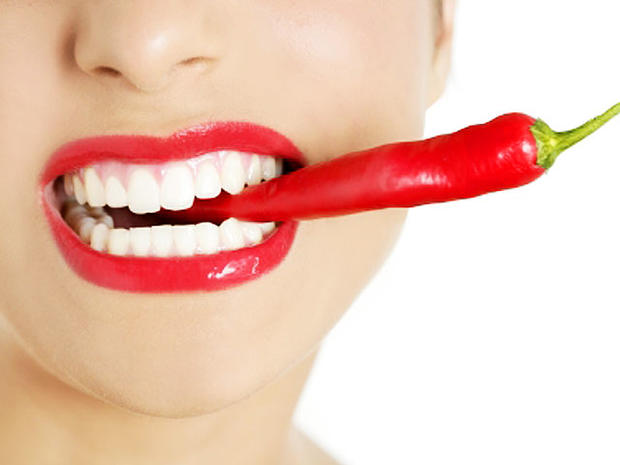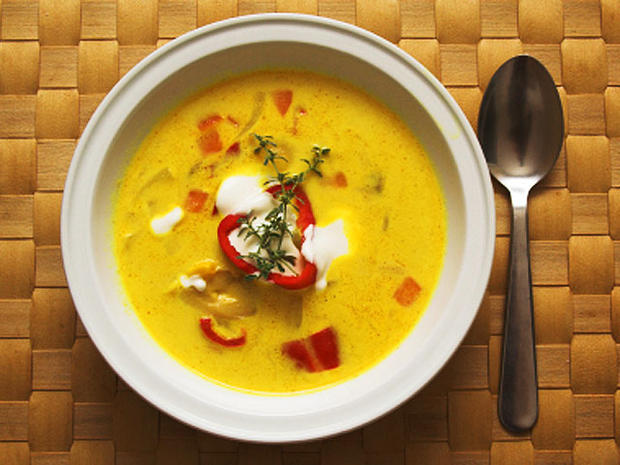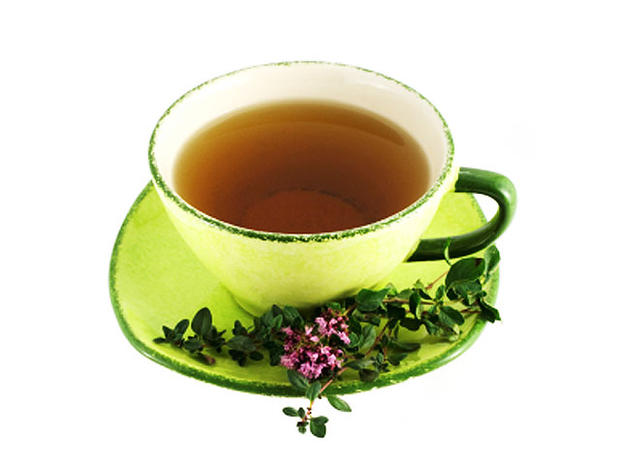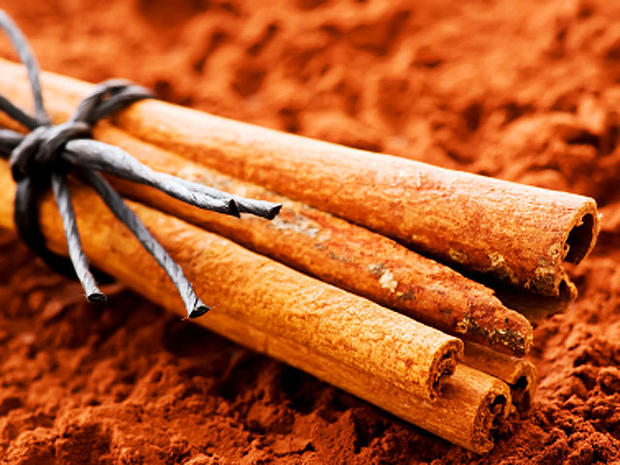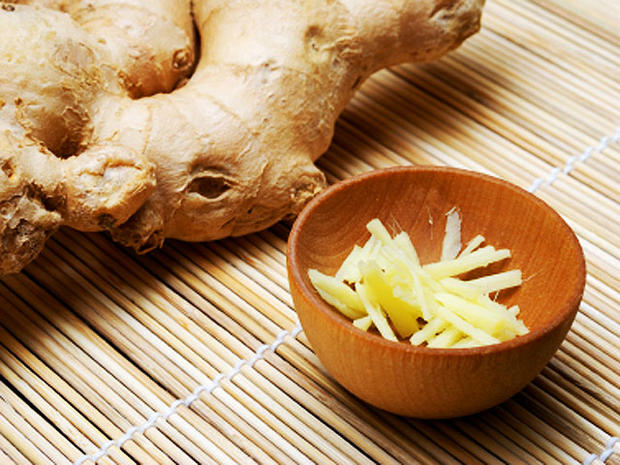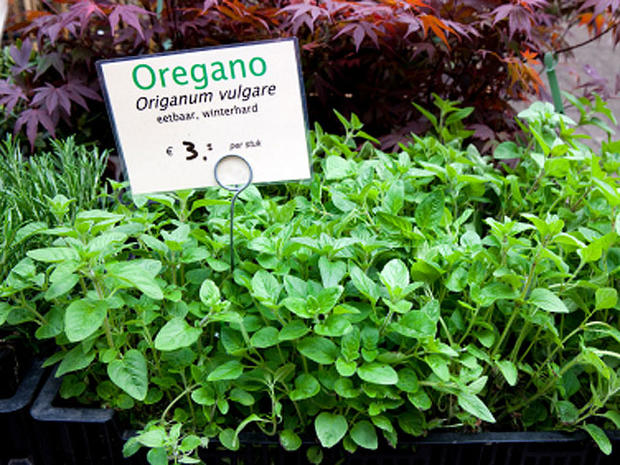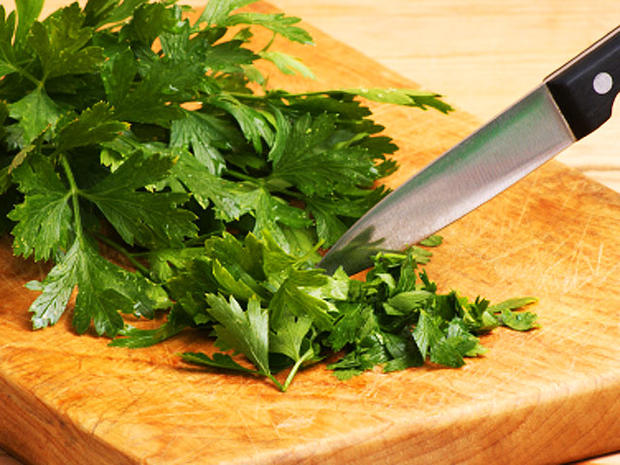7 Super Spices: Proven Healing Power
How about paying attention to the spices you use to season your favorite dishes? Dr. David Heber, renowned expert on herbs and the author of "What Color Is Your Diet," says seven spices, in particular, are proven to have medicinal powers. And here they are...
Turmeric
Turmeric, of course, is a key ingredient of curry, a staple of Indian cuisine.
Thyme
Researchers believe that thymol and other volatile oils in thyme may bring a range of antiaging effects. Some studies suggest that thyme can help maintain brain function and promote heart health. And several cups of thyme tea each day may help reduce coughing from a cold, according to Dr. Heber.
You can make it by adding one teaspoon of crushed thyme to one-half cup of boiling water, letting it steep for 10 minute, and then straining.
Chili Peppers
Cinnamon
Cinnamon also holds promise for people at risk for diabetes and heart disease: Dr. Richard A. Anderson, of the U.S. Agriculture Department's Beltsville Human Nutrition Research Center, has shown that taking the equivalent of one-quarter to one-half a teaspoon of cinnamon twice a day lowered glucose, cholesterol and triglyceride levels by up to 30 percent, Dr. Heber says.
Ginger
Some studies suggest gingerol works like aspirin and ibuprofen, which inhibit an enzyme that causes inflammation. In one recent study, a dose of 2 grams of ginger helped reduce post-exercise pain in the quadriceps (thigh muscle).
Oregano
Oregano contains rosmarinic acid, a compound that appears to be a potent germ-killer as well as a powerful antioxidant. In fact, studies have shown the herb's antioxidant oomph to be 42 times greater than that of apples, 30 times higher than that of potatoes and 12 times higher than that of oranges.
Parsley
What's more, parsley contains apigenin, an antioxidant compound that helps makes the platelets in the blood less sticky (and thus less likely to lead to a clot that causes a heart attack).
